German government approves new arms exports to Saudi Arabia: Reports
The German government has approved new arms export deals to Saudi Arabia, more than three years after it halted weapons sales to the Persian Gulf kingdom due to Riyadh's war on Yemen and its role in the killing of dissident Saudi journalist Jamal Khashoggi.
Robert Habeck, Germany's economy minister and vice chancellor, confirmed in a letter to the Bundestag (the German federal parliament) that several deals on arms exports had been approved by German Chancellor Olaf Scholz before his trip to the Persian Gulf region on energy hunt, according to German weekly news magazine Der Spiegel and the DPA news agency.
The export licenses are part of a joint program with Italy, Spain and Britain, the letter asserted.
The reports emerged after Scholz returned from a trip to Saudi Arabia, the United Arab Emirates (UAE) and Qatar, where he sought to seal new energy partnerships with the oil- and gas-rich Persian Gulf states.
Der Spiegel reported that Riyadh will be able to purchase equipment and ammunition for Eurofighter and Tornado jets worth €36 million ($35.2 million).
The European cooperation project will also supply spare parts for the Airbus A330 MRTT worth €2.8 million, according to DPA.
German Chancellor Angela Merkel’s coalition agreed in March 2018 to prevent arms from being delivered to any country directly involved in the devastating war on Yemen.
Before the ban, Germany did brisk business with Saudi Arabia with an export volume of 450 million euros ($550 million) in the third fiscal quarter of 2017, according to German broadcaster Deutsche Welle.
German officials claimed at the time the ban was in line with Berlin's stance of not exporting weapons to active conflict zones.
That stance, however, shifted this year as Germany came under pressure to provide Ukraine with weapons during Russia's military operations in the country.
Saudi Arabia launched the devastating war on Yemen in March 2015 in collaboration with its Arab allies and with arms and logistics support from the US and other Western states.
The objective was to reinstall the Riyadh-friendly regime of Abd Rabbuh Mansur Hadi and crush the popular Ansarullah resistance movement, which has been running state affairs in the absence of a functional government in Yemen.
While the Saudi-led coalition has failed to meet its objectives, the war has killed hundreds of thousands of Yemenis and spawned the world’s worst humanitarian crisis.
Rights groups have criticized the Saudi-led coalition for air raids that have killed thousands of civilians at hospitals, schools and markets, and urged Western governments to halt arms exports to Saudi Arabia and its allies.

American warplanes bomb Yemeni capital 13 times
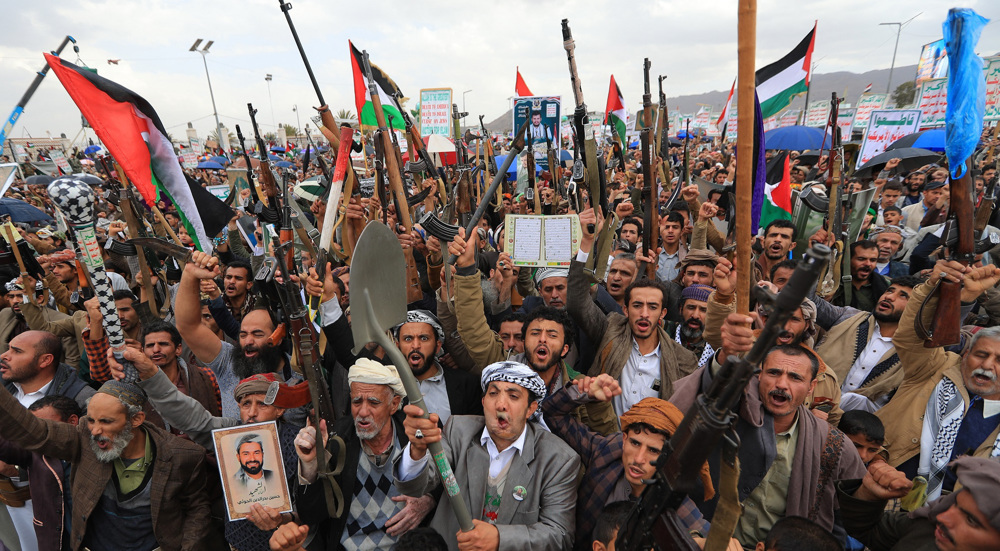
Yemeni army strikes Israeli airport after targeting US aircraft carrier
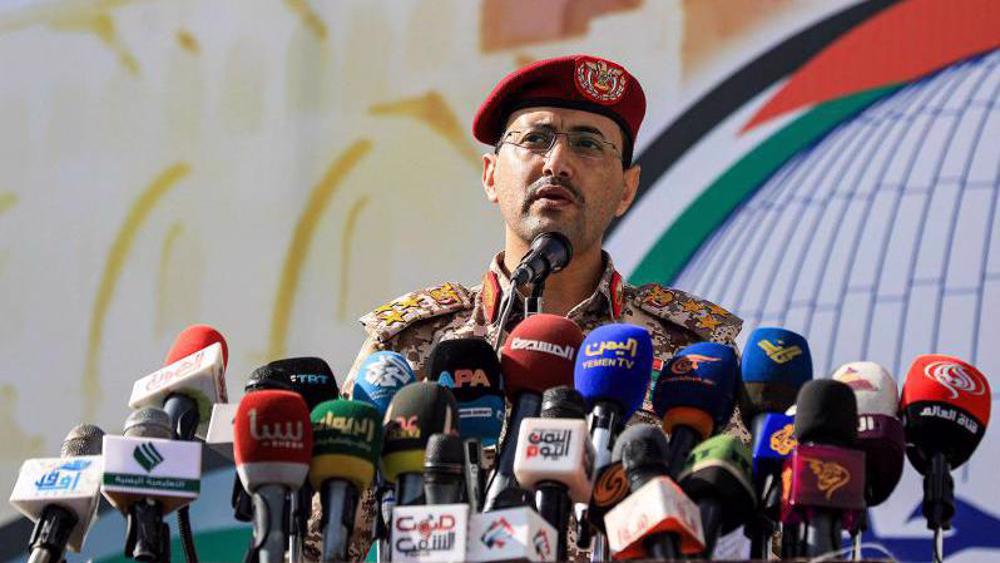
Yemeni army conducts three separate attacks on US warships in Red Sea
Leader: Unity of Muslim world ‘sole way’ to resist blackmailing by ‘superpowers’
‘A glass chamber’: IRGC says ‘50,000 US forces’ in 10 military bases within Iran’s reach
VIDEO | Sudan’s proxy war
VIDEO | Region in chaos: Part 1
VIDEO | Yemen’s support for Gaza
VIDEO | Yemen’s resilient resistance
Explainer: Trump doubles down on bid to grab Greenland – what’s really behind it?
Iran win AFC Beach Soccer Asian Cup 2025, defend title



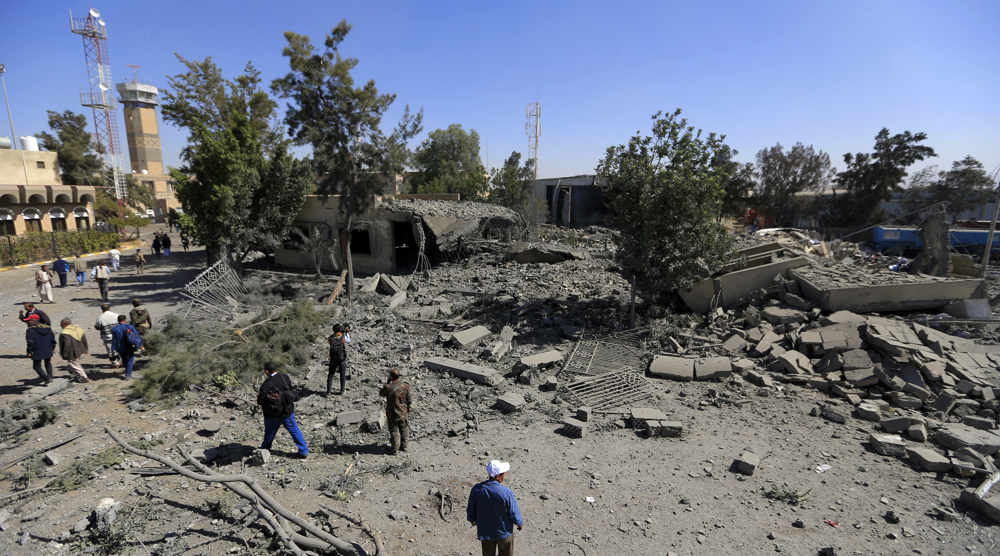
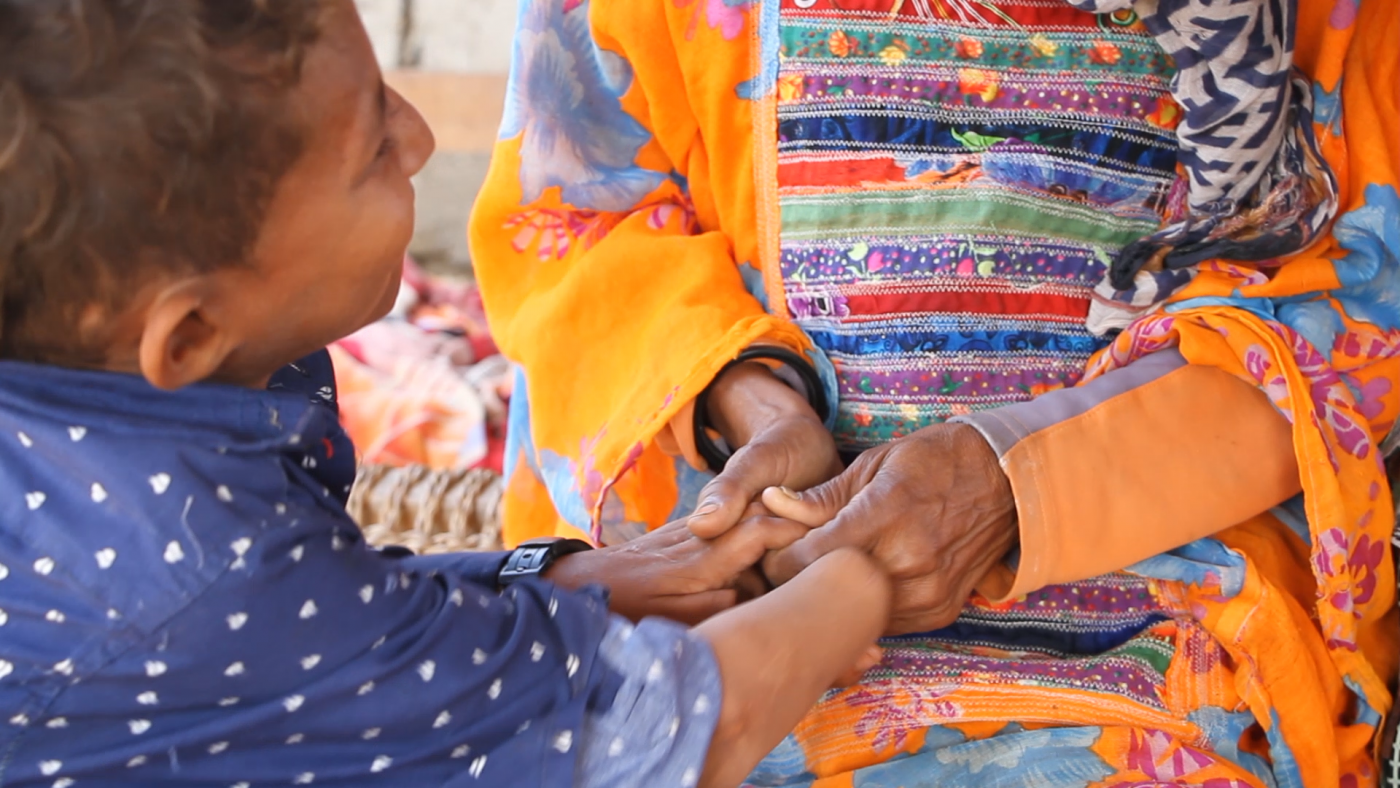
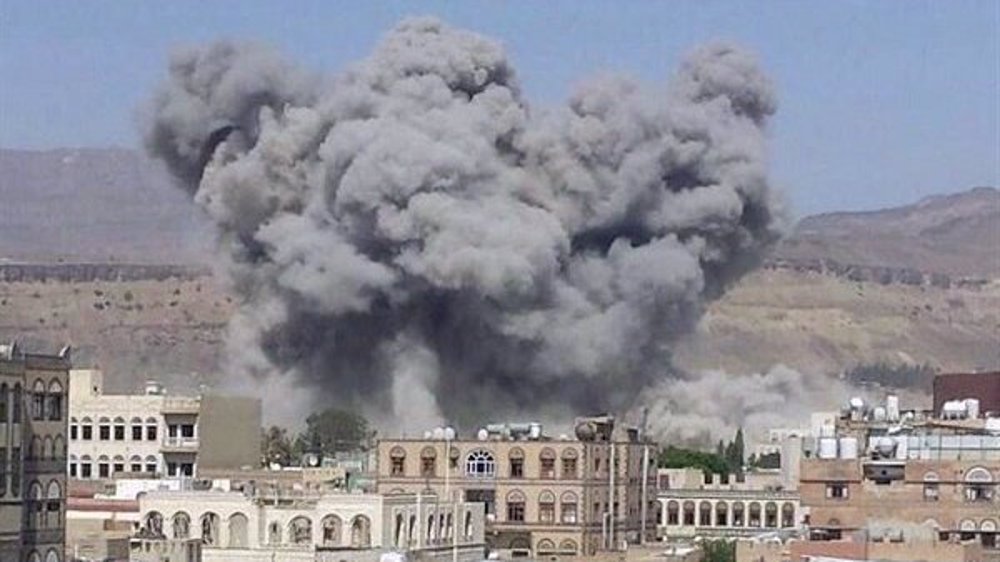



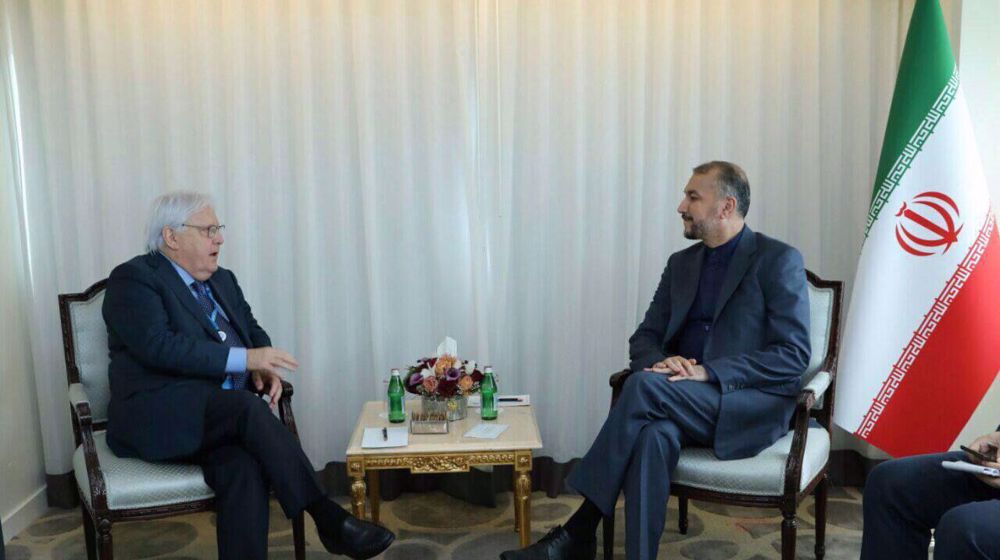
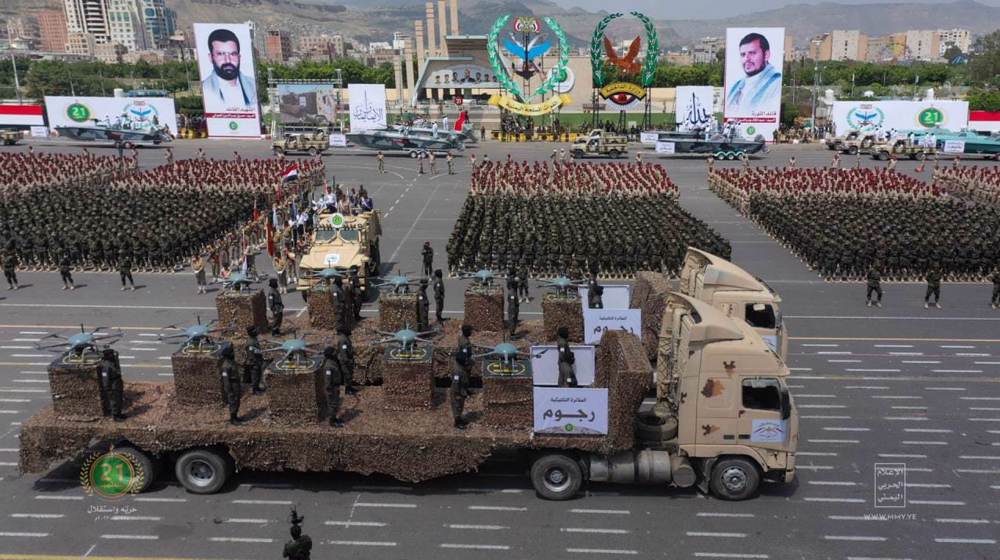
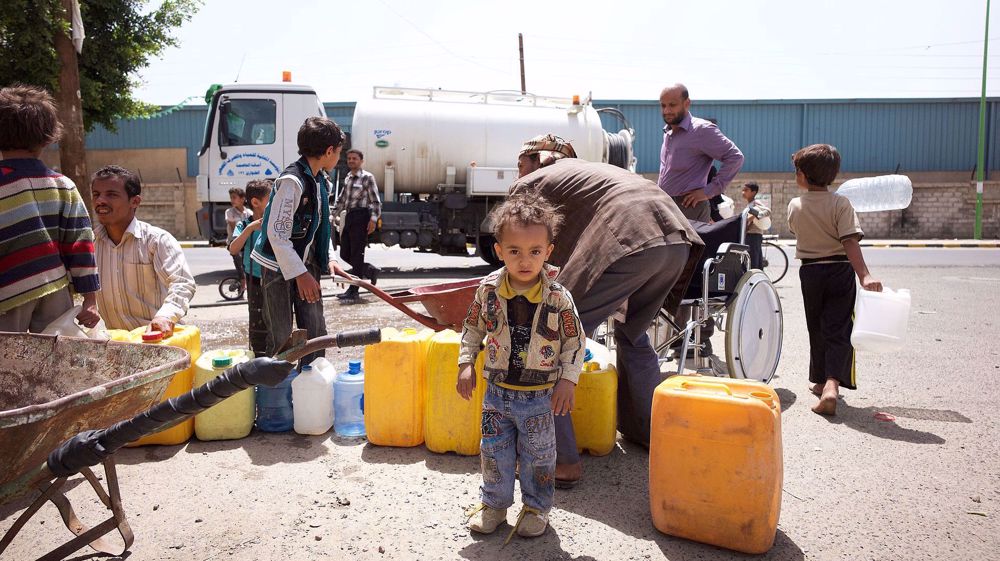
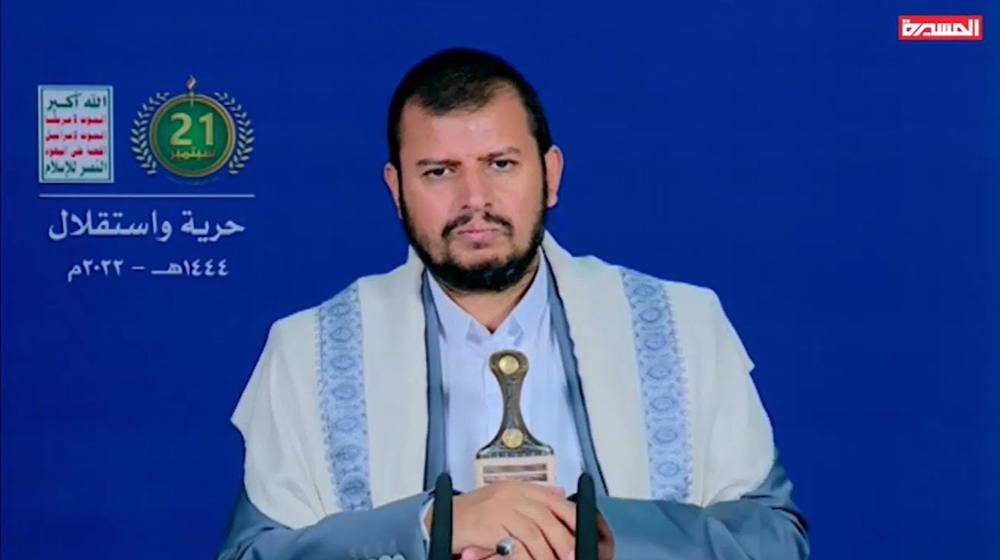
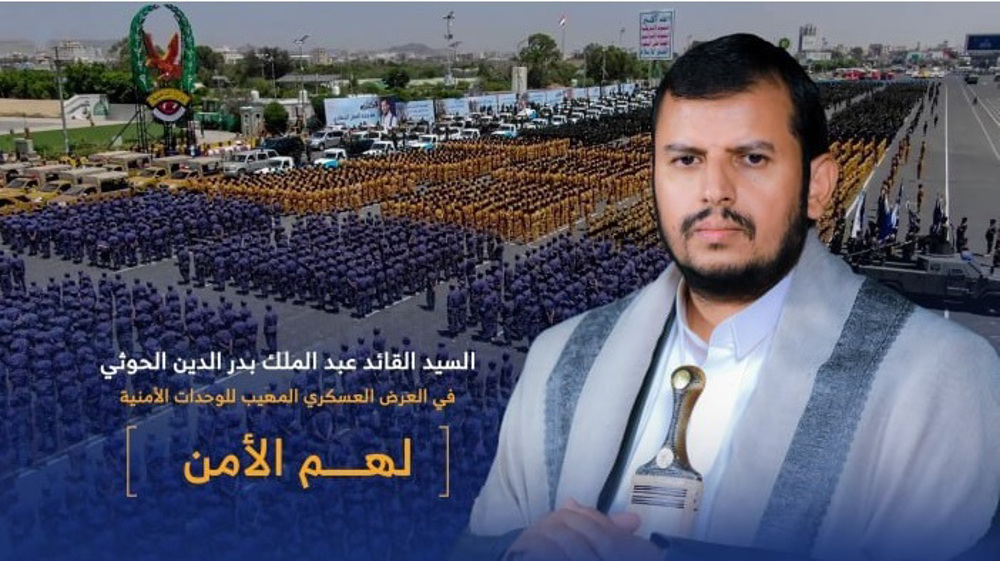
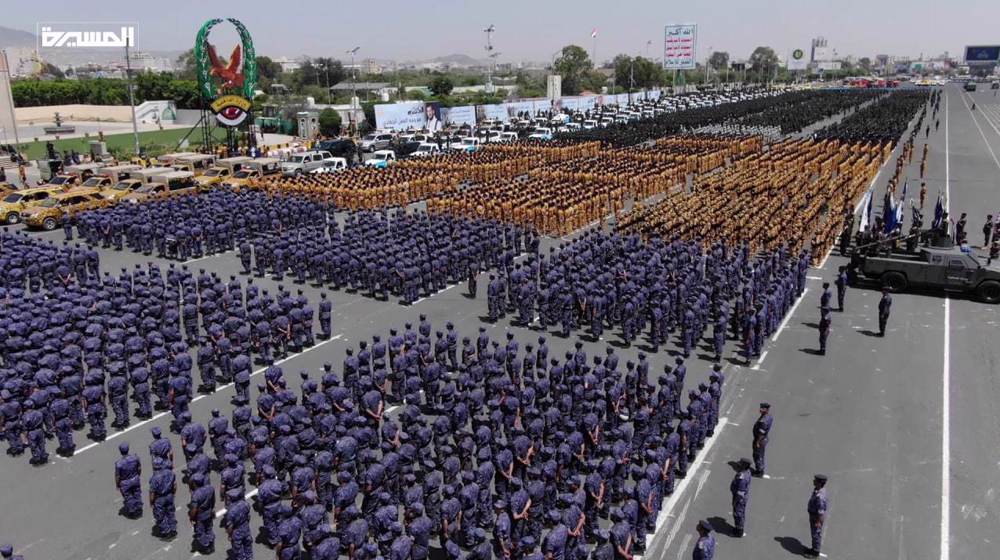

 This makes it easy to access the Press TV website
This makes it easy to access the Press TV website